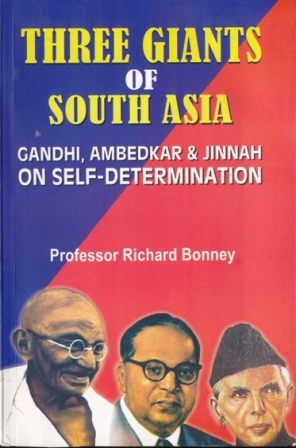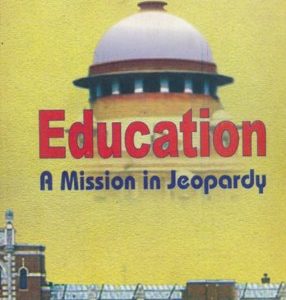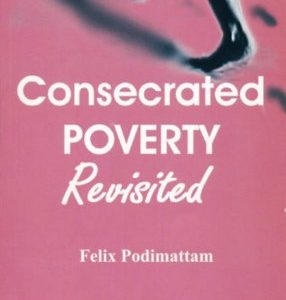Description
Three Giants of South Asia:
Gandhi, Ambedkar and Jinnah on Self-Determination
Dr. Ambedkar is India’s post-independence constitutional architect, the leader of the Dalits and the author of Pakistan or the Partition of India (1940 and subsequent editions). Jinnah, in spite of occasional references of him as one of the hundred statesmen responsible for the making of India, is not only least known in the sense of being understood as the true Jinnah of history but also vilified as the advocate of what is referred to as the ‘poisonous two nations’ theory’. Gandhiji of course needs no introduction in South Asia.
In this edition we seek to answer a number of questions, which may be summarized thus: why should the real Jinnah of history be so vilified in India today? Was he responsible for the partition of India? If not, who was responsible? What is the role of Gandhiji in this important historical event? Can there be any justification, with hindsight, for the eventual British acceptance of partition in 1947? In considering these questions, the opportunity presents itself to reflect on the study by Peter Clarke, entitled The Cripps Version, which was published in 2002. The British may have been responsible for initiating the policy of distinctions by religion among the population; but they had never implied that there was to be a two-tier citizenship, with the upper tier belonging to the Indian religions and the inferior tier of citizenship belong to those from the non-Indian religions. Hindsight is a remarkable thing, and can sometimes deceive the historian. The rise of the forces of Hindutva since 1992 and the challenge that they have posed to the minority religions of India calls for a true perspective on the pre-partition debates.
Contents
Preface: What’s in a Title?
Professor Richard Bonney
Introduction to the Indian Edition
Introduction
Three Giants of South Asia:
Gandhi, Ambedkar and Jinnah on Self-Determination
Documents




Reviews
There are no reviews yet.